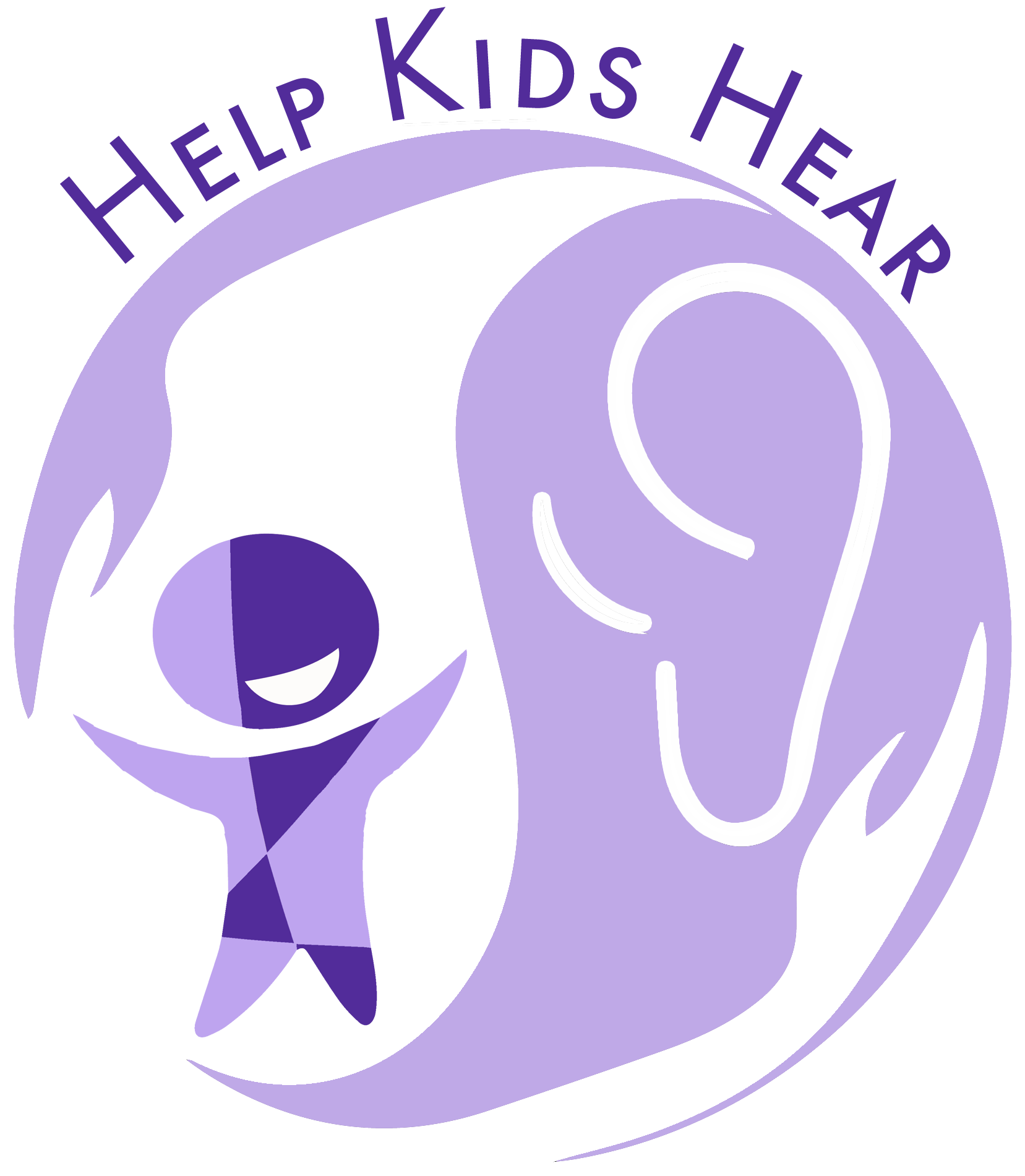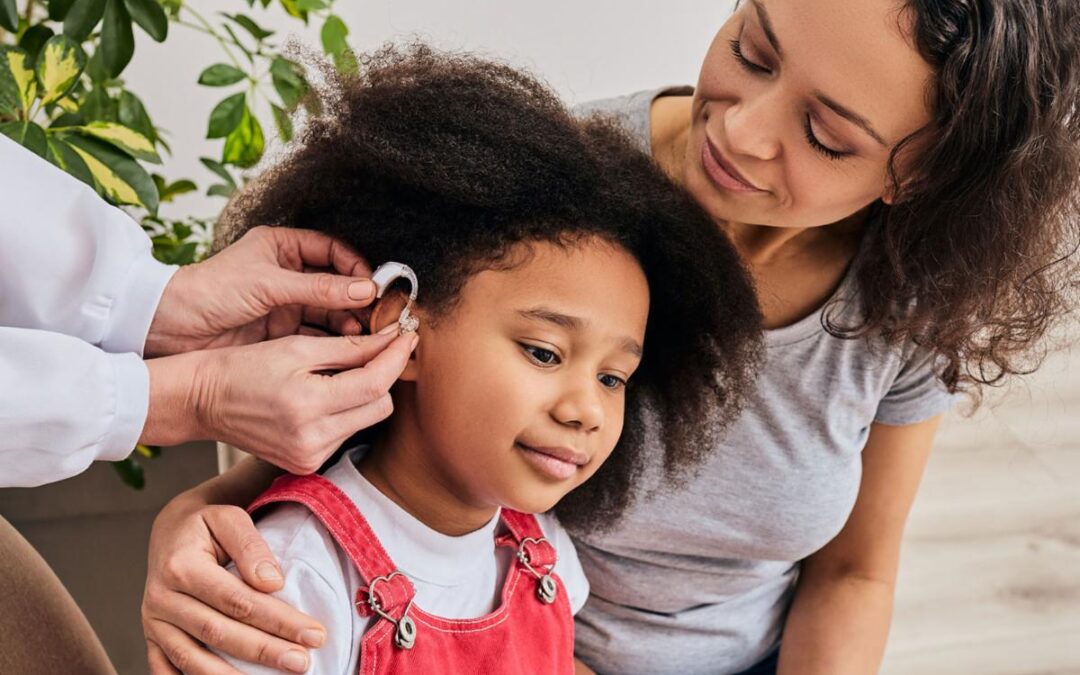Many parents are apprehensive, fearing that their child would be denied possibilities in life. Such concerns are understandable, given that all parents want what is best for their children. You might be wondering things like, “Will they be able to make friends?” and “Will they be able to gain an education, a career, and a partner?” Hearing devices have evolved to the point that they can help even youngsters with substantial hearing loss. Other parents have had similar difficulties and discovered a solution. Sharing experiences with “seasoned” parents can be beneficial, and your child will get the opportunity to meet other young children who wear hearing aids and will understand what your child is going through. While you meet another adult who can help guide you with something you do not have a lot of prior knowledge on. Aside from tons of patience, compassion, and reassurance, it’s critical to raise your child as much as possible like a hearing toddler. They should require family obligations on an equal footing with their siblings, as well as the freedom to participate in activities without you. The development of abilities and social competencies requires them to have both successes and mistakes in life, as well as the assistance of the parent when needed to deal with them and learn from the experiences. Many parents of children with hearing loss struggle to strike a balance between safeguarding and anticipating their children’s needs. Setting a good example and having reasonable requests are important in preparing the child for the real world. Regardless of their physical limitations, children must grow into strong, independent, and self-reliant individuals. The most important thing to remember is that hearing capacity aids in the development of a child’s speech and language skills. To minimize the impact of hearing loss on your child’s schooling, it’s vital to ensure that her hearing loss is managed appropriately. In fact, evidence shows that addressing hearing loss before a newborn reaches the age of six months improves speech and language outcomes substantially more than treating it later. Hearing aids have also been shown to improve school achievement in children with hearing loss. Throughout education, children with hearing loss may need to sit closer to the front of the class speech read (read lips) or hear more clearly. Consider asking the teacher to put seats in a U-shape or circle in your classroom so that children with hearing loss can better interact with their peers. When at all feasible, reduce background noise. Overall, always show your child love no and check upon them. Get the child to interact with hearing children and children with hearing loss so they can have that balance.


Recent Comments